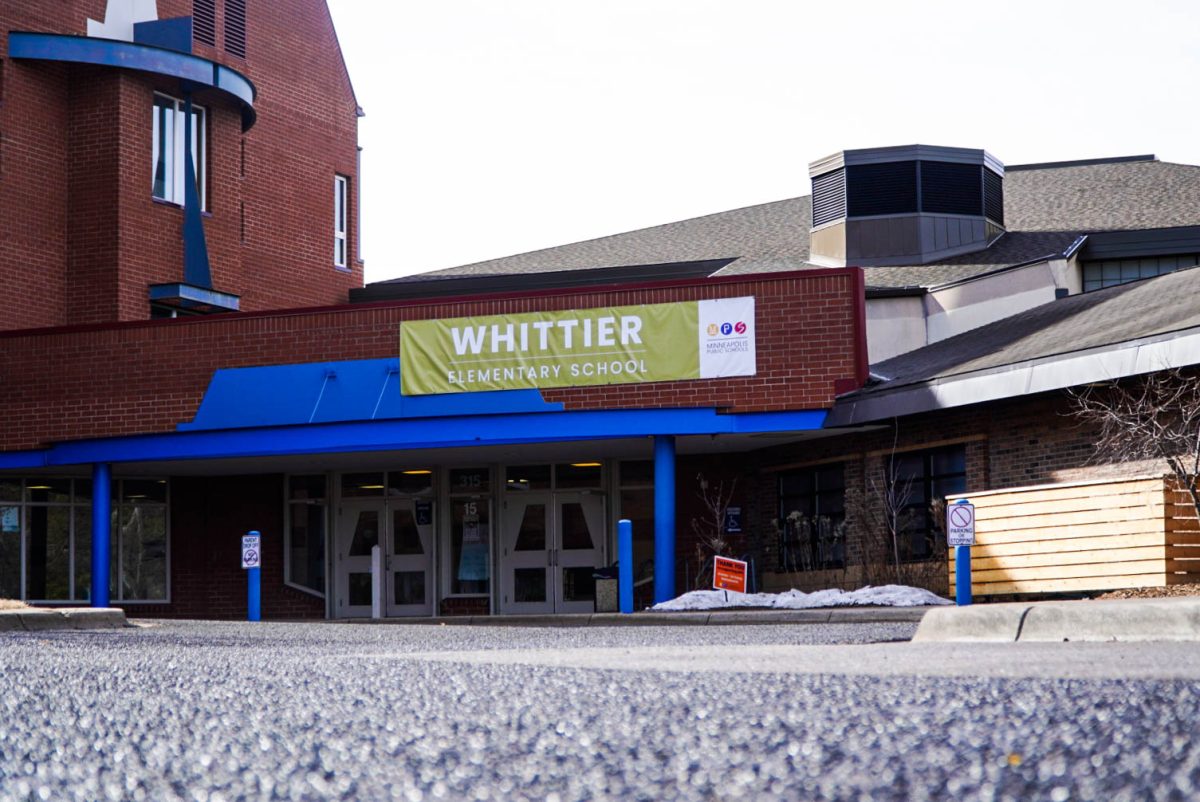A veto-proof Minneapolis City Council voted in support of the Transportation Ride Share Compensation Ordinance, which guarantees rideshare drivers receive compensation equivalent to the city’s $15.57 minimum wage, in their meeting Thursday.
In a 9-4 vote, the council approved a compensation model giving drivers a $1.41 per mile and $0.51 per minute rate for their rides.
Following the vote, Minneapolis Mayor Jacob Frey vowed to veto the ordinance. However, the city council can override Frey’s veto with a nine-vote majority.
Councilmember Jason Chavez (Ward 4), a co-author of the ordinance, said the vote should prioritize supporting the needs of rideshare drivers, the majority of whom are members of immigrant, Black and brown communities.
“This vote today is simple,” Chavez said. “It’s about supporting our minority community members and workers across Minneapolis.”
Frey and Minnesota Gov. Tim Walz (DFL) vetoed previous rideshare driver compensation legislation at the local and state levels. Frey vetoed the original Fair Drives Safe Rides ordinance approved by the city council in August 2023. Walz vetoed a bill establishing per-mile and per-minute wage rates in May 2023.
Councilmembers discussed the major concern that Uber and Lyft will leave the city if the current minimum wage compensation legislation for rideshare drivers is passed. The companies threatened to do so with the two previous compensation legislation efforts.
Council President Elliot Payne (Ward 1) said the city council needs to recognize the financial instability of rideshare companies and not trust their ability to fairly compensate drivers without government intervention.
“It’s time to stop making our residents, especially our marginalized residents, the subject matter of corporate experimentation,” Payne said. “It’s time for us to recognize that we have a responsibility as elected leaders to think about the interests that go beyond the profitability of any individual corporation.”
During the discussion of the motion, Councilmember Emily Koski (Ward 11) moved to delay the vote until their next meeting on March 21, as a state study on transportation worker compensation is expected to be released on Friday.
Fellow councilmembers appreciated Koski’s logic for delaying the vote in favor of deciding with more data, but many felt waiting for potential new data would be unproductive.
Councilmember Robin Wonsley (Ward 2), another co-author of the ordinance, said she is concerned about the “shifting goal post around a state study” and felt the council should capitalize on their opportunity to take action now.
“We have an ordinance in front of us right now that will get drivers minimum wage, and we should proceed with that and rip the band-aid off,” Wonsley said.
The city’s Business, Housing and Zoning Committee previously voted 5-1 to recommend the ordinance for city council approval at their Feb. 27 meeting, which also held a public hearing for community members to speak about rideshare driver compensation.
Eid Ali, president of the Minnesota Uber and Lyft Drivers Association, testified at the public hearing. Ali said rideshare drivers are simply asking for the financial protections they deserve for their work and asked the committee to vote accordingly.
“They’re not asking for handouts, they are fighting just for fair compensation. This great city of Minneapolis is known to be on the side of the workers, and I believe that,” Ali said during the hearing. “If we want to be on the right side of this issue as we were before, we are requesting all of you to be in favor of this issue.”
The city council members adopted three amendments to the ordinance moved by Koski, Councilmember Michael Rainville (Ward 3) and Councilmember Katie Cashman (Ward 7).
Koski moved for an additional evaluation of the ordinance to take place six months after its implementation. Rainville moved to ensure all evaluation and reporting of the ordinance includes the impact on disabled and low-income communities, hours worked by drivers and cost to the city. Cashman moved to push back the ordinance’s implementation date from April 1 to May 1.
Before the final vote, Chavez said that despite many influential factors of wage compensation, the ultimate goal of the ordinance is to ensure rideshare drivers make an income equivalent to the city’s minimum wage.
“Our drivers deserve to be paid fairly,” Chavez said. “Workers should not live in poverty because of corporate greed, and today, on the Week of Action, where hundreds of workers are out on the street in Minneapolis demanding better working conditions, we can and will stand firmly with workers in Minneapolis.”














